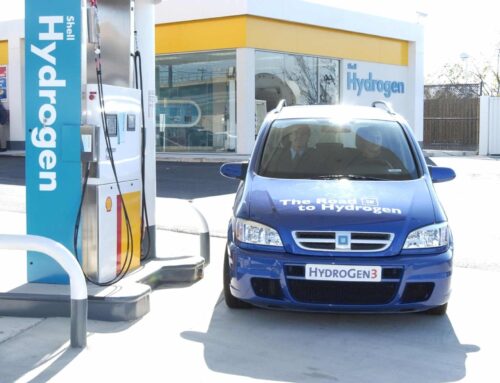The U.S. Department of Agriculture’s (USDA) Higher Blends Infrastructure Incentive Program (HBIIP) is the latest in a slew of taxpayer funded subsidy programs for the biofuels industry spanning over 40 years. The program is designed to provide $100 million in federal funding for infrastructure costs related to ethanol fuel blends that contain over 15 percent ethanol, which are known as higher blends.
In creating the HBIIP, which will be operated by USDA’s Rural Business-Cooperative Service, the USDA is drawing on authority provided to the Secretary of Agriculture as part of Section 5 of the Commodity Credit Corporation (CCC) Charter Act. This authority, granted during the Roosevelt and Truman Administrations, allows the Secretary to bypass Congress and spend federal dollars to increase consumption or expand markets for U.S. agricultural products. It was use of this exact same authority in 2015 that earned Secretary of Agriculture Tom Vilsack our infamous Golden Fleece Award for his Biofuels Infrastructure Partnership that funded installation of biofuel blender pumps – one type of higher blends infrastructure – at retail gas station, even after the 2014 farm bill prohibited doing so. Dozens of tax breaks, subsidies, and incentives program already exist at the USDA and other federal agencies, providing billions of dollars to the ethanol industry. These subsidies mainly benefit the established corn ethanol industry, which accounts for the majority of domestic biofuel production.
In January of this year, USDA published a Request for Information (RFI) on the HBIIP, seeking public input on opportunities to fund infrastructure projects that would support the increased sale of higher blend fuel products. TCS submitted comments to the USDA, deriding the initiative as yet another taxpayer giveaway to the corn ethanol industry.
Then, early last month, Secretary of the Agriculture Sunny Perdue announced he was exercising his authority to use $100 million in CCC funding for the HBIIP, adding to the already extensive list of federal programs that use federal taxpayer dollars to subsidize the domestic biofuels industry.
Continuing to subsidize and incentivize the biofuels industry through initiatives like the HBIIP will mean greater greenhouse gas emissions, higher costs for consumers, further environmental harm, and more waste of taxpayer resources.










